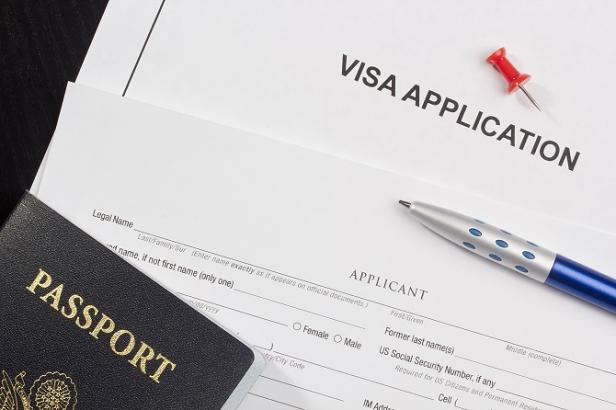Brexit and the Schengen visa: what changes?
As of January 1, 2021, the United Kingdom is officially a no longer a member of the European Union. The repercussions on Schengen visas are available at europ-assistance.com.

Brexit and the Schengen visa: what changes?
The Schengen Area is a free movement zone without border controls. It includes 26 countries, but be careful, European Union does not necessarily mean the Schengen Area. Some countries are part of the EU, but not part of the Schengen Area, and vice versa. This was the case of the United Kingdom, which was part of the European Union before Brexit, but not a member of the Schengen Agreement. As of January 1, 2021, the United Kingdom is officially a no longer a member of the European Union and its relationship to the Schengen Agreement remains unchanged.
The Schengen visa does not give you permission to travel to the UK, but Schengen travel assurance from Europ Assistance covers you! Whether you are a foreign national or European citizen, you can take out Schengen travel insurance for your next trip to the United Kingdom. What follows is a summary of new entry and visa requirements since Brexit.
Schengen + Brexit: what changes for EU citizens?
The United Kingdom was never a member of the Schengen Agreement, but before Brexit, it was subject to European Union law. No border control, free movement for long-stay travellers, right to work, study or live in the UK, etc. EU law provided for many arrangements between the UK and EU countries. Today, most of that is in the past. Concerning movement of people, there have been major changes including border control and visas for trips over 90 days (in a period of 180 days).
Would you like to travel to the UK for less than 90 days? You do not need a visa. You will need a passport valid for the duration of your trip, and you may be asked for the following documents:
- The reason for your trip;
- Your financial ability to pay for your needs throughout your trip;
- Proof of lodging;
- Your ability to pay for a return ticket;
- Your willingness to leave the United Kingdom at the end of your trip.
As far as social security is concerned, Brexit will not bring about any real change. The Trade and Cooperation Agreement provides that for all travel commencing after 1 January 2021, the European Health Insurance Card (EHIC) will remain valid in the United Kingdom. It is valid for 2 years, so you are covered until its expiry. If you apply for an EHIC too late, don’t panic! You can apply for a Provisional Replacement Certificate (CPR) from your health insurance fund. This will be valid for 3 months. Be careful, new forms can certainly be implemented later.
Nevertheless, if you want to travel peacefully, with the Schengen Plus insurance policy starting at 5 euros per person, you are covered for travel within the Schengen Area, as well as Bulgaria, Croatia, Cyprus, Ireland, Romania and the United Kingdom!
For more information consult the British visa portal and the British government’s Brexit portal.
Schengen + Brexit: what changes for foreign nationals?
If you are from a non-EU country, whether you need a visa or not depends on the agreements between the UK and your country of origin. We suggest that you check with the consular authorities for more information. No matter your country of origin, you can take out Schengen travel insurance for your upcoming trip to the United Kingdom.
Schengen + Brexit: what changes for British citizens?
Since Brexit became official on January 1, 2021, British citizens do not need a visa travel to one or several Member States of the Schengen Area for up to 90 days. Like foreign nationals, they must be able to provide certain documents, including a passport and travel insurance. As of 2022, they will also have to register on the European Travel Information and Authorisation System (ETIAS).
Tweet